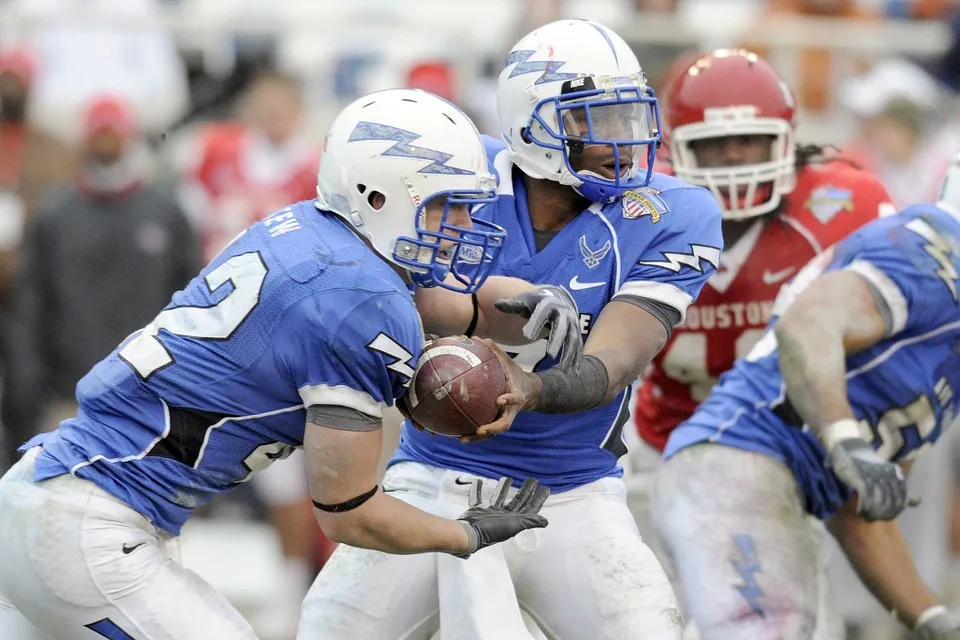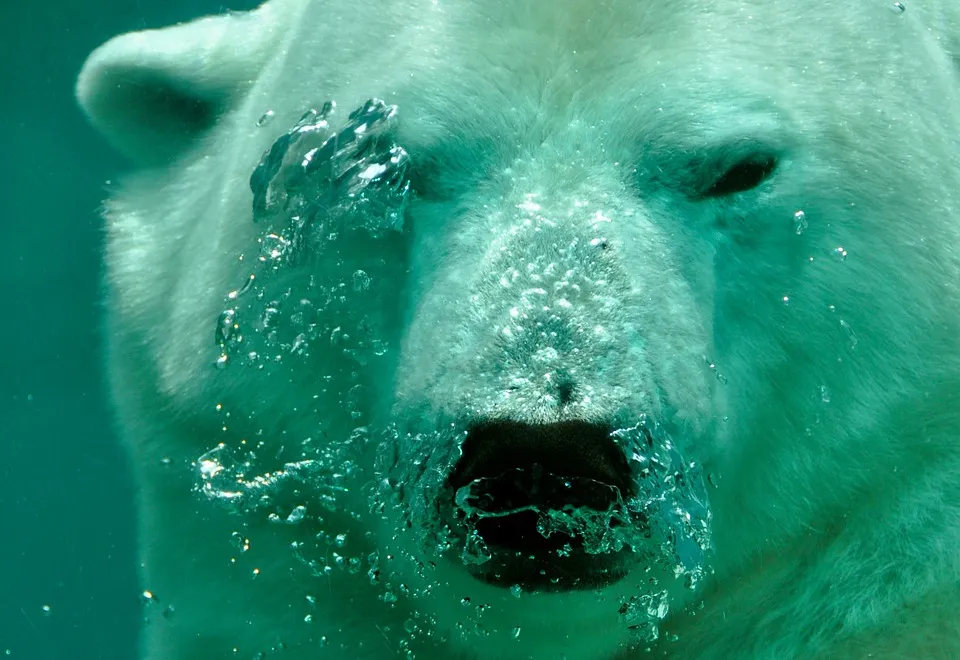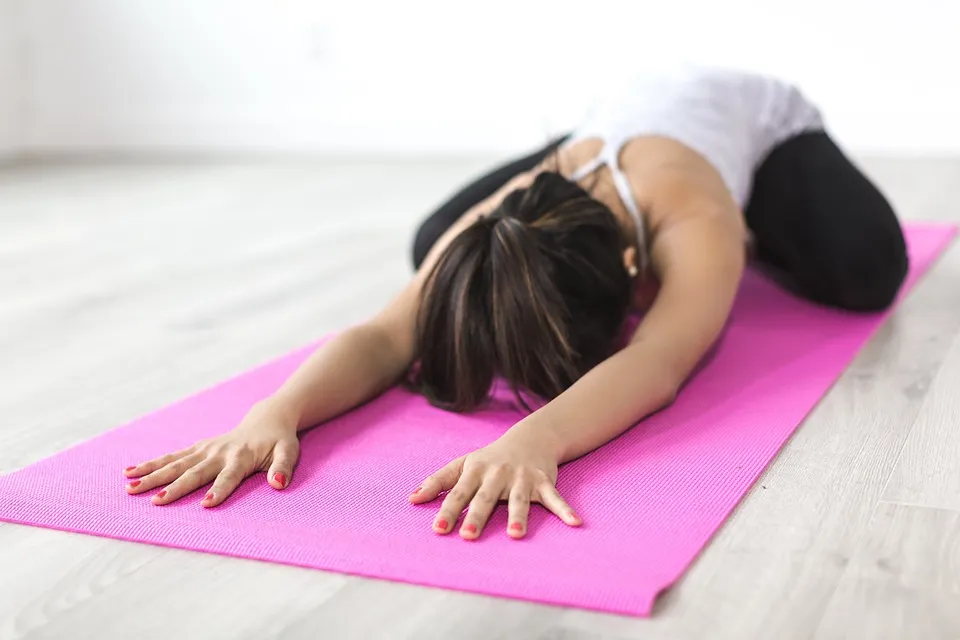You have to admit it: when temperatures hover around zero degrees it takes a bit of courage to do outdoor sports. We show you how to cope with the cold anyway.
When it is cold, if you make physical efforts, you inhale large quantities of cold and dry air, which cool and drain the mucous membranes of the respiratory tract. For example, who suffers from cardiovascular problems, heart disease or asthma when the thermometer drops below zero should give up outdoor sports or at least do so with caution. However, if you are in good health, you should not worry about anything and you can continue to carry out the usual sporting activities even in the winter months.
Proper breathing
When it is cold, to avoid stressing the already severely tested mucosa, it is preferable to breathe from the nose. In addition, nasal air is filtered by dirt and bacteria, humidified and heated.
Choice of the correct sport discipline
In winter, the disciplines of quiet resistance are ideal in which the effort remains constant because you breathe less quickly and above all through the nose. Cross-country skiing, hiking, walking, and jogging are therefore particularly recommended. Interval and speed training should preferably be carried out in spring or in the gym.
Choosing the right clothing
It is recommended to wear a cap during the sport because the dispersion of body heat also occurs from the head. In addition, it is advisable to dress "onion" or layered, so you can remove or wear easily. Better to give up wearing shorts in winter. Shoes and socks must keep feet warm and dry.
Attention to risks
Even in winter, it is important to do warm-up exercises before starting a sport, as this prevents injuries. In addition, training sessions should not last too long, as the cold causes more heat to be dissipated to the body, even with adequate equipment. It is often possible to prevent colds by wearing dry clothes immediately after training.
When the ground is frozen or covered with snow, the risk of getting hurt by a bad foot or slipping is particularly high. In this case, it is advisable to train at home with a home trainer or in the gym. Moreover, in the low-light season, it is useful to always carry an electric torch and wear high visibility clothing.
A contribution to your health
Movement is important for physical fitness, heart, and circulation. SWICA supports you in the personal prevention of health with the offer of generous contributions to the costs for fitness subscriptions in qualified centers.



